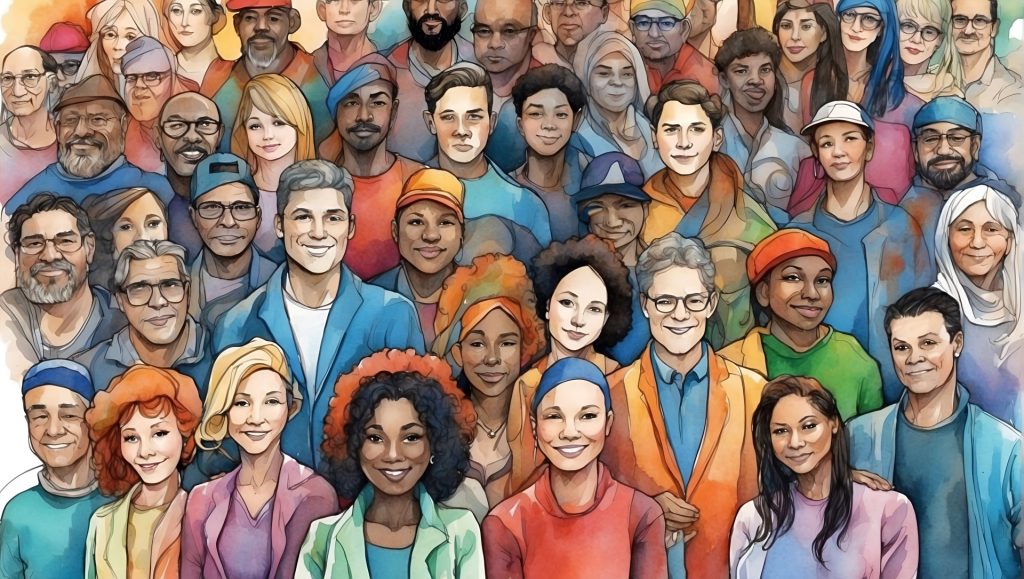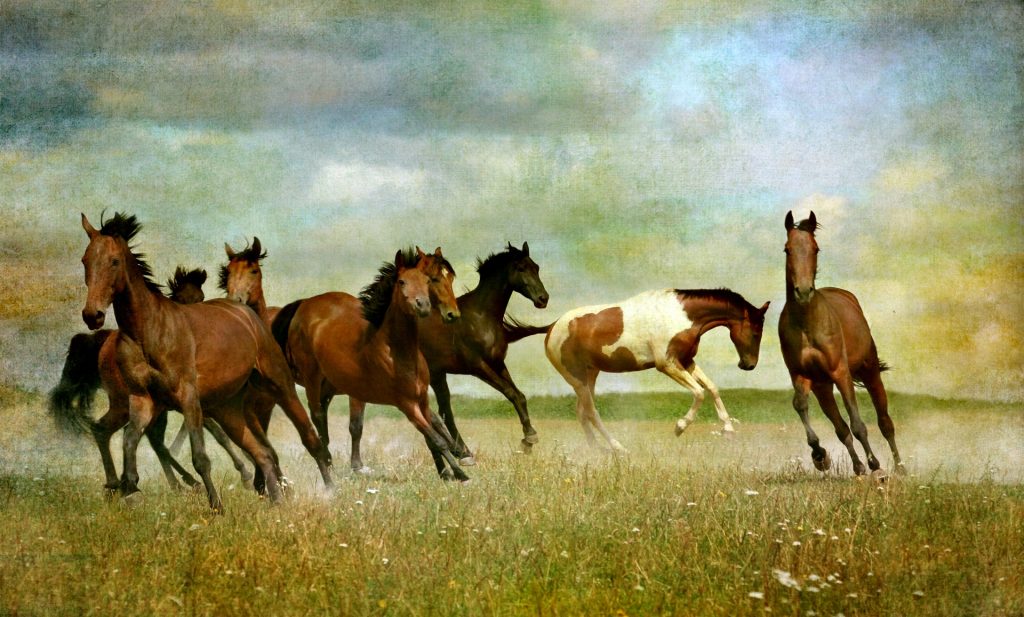
We are hosting our Metamorphosis gathering again! This is a chance for people to share music, art, and writing and to dialogue across different generations (hence the name, the concept of ideas morphing and changing over the years). This event is also a benefit for the grassroots Afghan women-led group RAWA, which is organized by women in Afghanistan who are currently supporting educational and income generation and literacy projects in their home county as well as assisting earthquake survivors. (We don’t charge or process the cash, you are free to donate online on your own and then attend!)
This will be Saturday April 6th, 2-4 pm in the fellowship hall of Davis Lutheran Church at 317 East 8th Street in Davis, California. It’s a nonreligious event open to all, the church has graciously allowed us to use the meeting room. You may sign up here on Eventbrite.
Also, we encourage everyone in the California area to attend the third annual Hayward Lit Hop on Saturday, April 27th. This is a public festival with different readings from different groups throughout downtown Hayward coinciding with Hayward’s choosing a new adult poet laureate, culminating in an afterparty at Hayward’s Odd Fellows Lounge. Several Synchronized Chaos contributors will read from their work at the 2024 Lit Hop.
Now for our second March issue: One Wild and Precious Life. Poet Mary Oliver said, “Tell me what it is that you plan to do, with your one wild and precious life!” In that spirit, this month’s contributors wonder and dream and fear and love and plan, all in the face of human mortality.
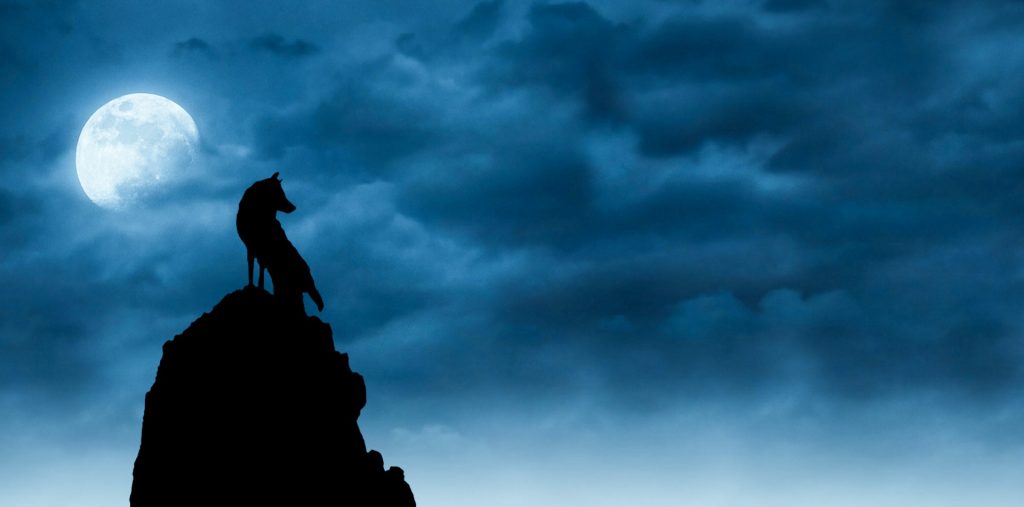
Susie Gharib comments on the tragedy and transience of life on Earth, while Duane Vorhees ponders the weight and influence of human ambition and history on an individual’s life.
Jacques Fleury celebrates Black history and encourages respectful and nuanced portrayals of Black people in media.
Gulyaho Karimova’s essay outlines the life and legacy of Jaloliddin Manguberdi, patriotic Turkish hero from centuries in the past. Z.I. Mahmud looks to the past and the influence of a single person in his essay on Walt Whitman’s elegy to Abraham Lincoln. Muntasir Mamun Kiron rhapsodizes in his poetry about Bangabandhu, the military and political leader considered the father of modern Bangladesh.
Xushroy Abdunazarova’s poem concerns the beauty of the Uzbek language while Adhamova Laylo discusses the structure of the Korean alphabet. Sarvinoz Mamadaliyeva urges support for the education of women and girls. Zulaykho Kosimjonova outlines strategies to improve students’ reading comprehension while Malika Oydinova compares the advantages of distance versus in person learning. Bill Tope reminds us of the value of free access to information in his protest story about book bans and censorship while Faleeha Hassan highlights the power of writing and creativity in her narrative prose poem on the cataclysmic effects of writers’ block on her imagined worlds.
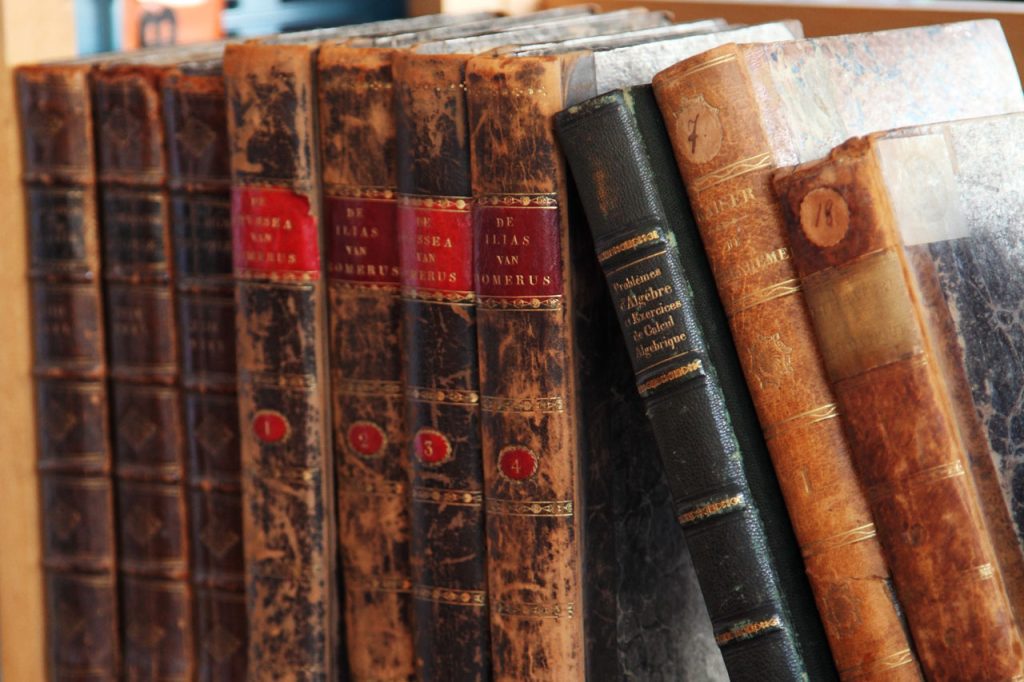
Xabibullayeva Madina writes of the elegance of her Uzbek heritage, spring, and femininity. Graciela Noemi Villaverde illuminates the wonder, beauty, and strength of women. Annie Johnson celebrates romantic love and the divine feminine archetype as grounded in nature and culture.
Brian Barbeito speaks to the timelessness and mystical quality of natural landscapes and our place in them. Sayani Mukherjee describes how thoughts align in her brain like a choir or a forest of trees. Umid Qodir’s poem urges people to have the courage of a flower in the rain, while Maja Milojkovic compares committed love to a flower continually receiving needed water from nature. Christopher Bernard compares a graceful female dancer to a fountain of water. M.P. Pratheesh’s concrete photographic poems illustrate red rocks lined up and covered to varying degrees. Kristy Raines writes of the return of spring, spirituality, compassion, and lost love with a sensitive spirit. Mahbub Alam writes of swimming at dawn with a beloved, immersing himself in water and his tender feelings. His daughter Monira Mahbub crafts gentle scenes of village life and connection among people. Maurizio Brancaleoni contributes clever haikus on winter cold and human nature.
Mykyta Ryzhykh also speaks to human nature, with lonely modern, or post-modern pilgrims wandering alone, wondering who they are and what they are looking for in life. Our prophet of lonely wanderings, J.J. Campbell, returns with pieces on the joy and precarity of romantic and family relationships, conveying the lostness he felt with his family of origin.
Nathan Anderson addresses questions of human nature in an even less linear manner, playing with punctuation and spacing of letters on the page. Mark Young renders images from his neighborhood into mixed media art images, providing a unique way of seeing things where reality melds with imagination. Clive Gresswell, in his new book Shadow Reel, reviewed by Cristina Deptula, explores our unconscious, how ideas and words continue to resonate in our brains past the point of linear thinking.
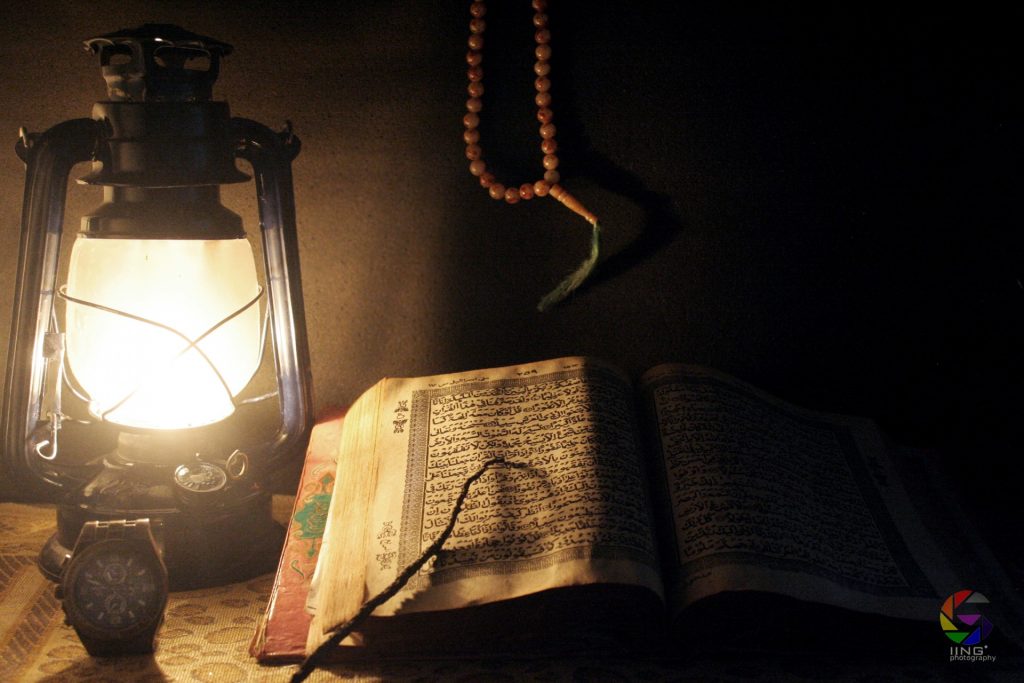
A. Iwasa provides a comical essay about his encounters with dopplegangers. J.D. Nelson’s haiku presents encounters with the unexpected: minor mishaps, strange combinations, reunions. Grant Guy’s concrete poems about surrealist artist Alfred Garry evoke the whimsical nature of his work and the tragedy of his short life.
Mesfakus Salahin ponders how he will prepare to meet the implacable force of death, while Jerry Langdon sings the blues for a soul doomed to damnation.
Ivan de Monbrison describes physical and mental pain as a force mangling the brain and body, permeating our structural integrity and the wholeness of our relationships with each other.
Taylor Dibbert reflects on the end of a relationship while Bill Tope relates the tale of a lonely woman who feels rejected in love and commits suicide. Farangiz Murodova’s breakup poem provides an elegant rendering of loneliness.
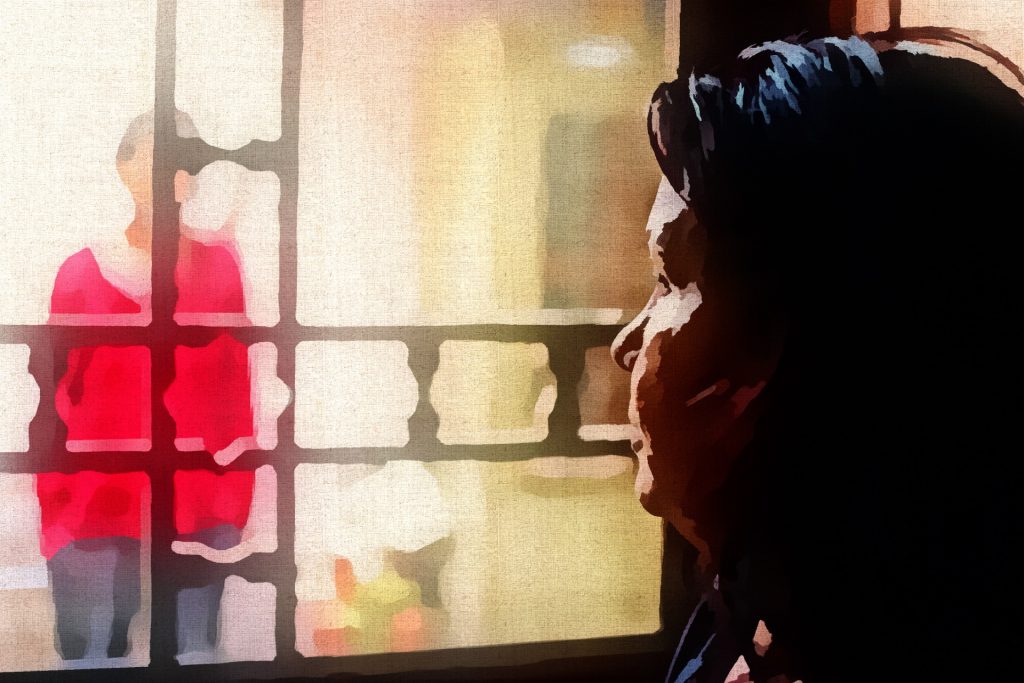
Zebo Ibragimova writes of the global scourge of drug addiction and the many lives affected. Pat Doyne speaks to questions of personhood and government authority in her poem satirizing a recent American court decision concerning in vitro fertilization. Emina Delilovic-Kevric evokes images of civilians oppressed by German military forces in a piece about the mental toll of society’s inhumanity.
Meanwhile, in a more abstract vein, Clive Gresswell crafts surreal images of invasion, decay and destruction.
Noah Berlatsky sends up a poem about the daily matters of life, such as breakfast, which continue even when our lives are in chaos. Wazed Abdullah compares the journey of life to a piece of music, to be experienced in all its different stages and moods.
Ezoza Eshonkulova’s piece personifies a clock and reflects on the passing of time. Dildora Toshtemirova’s two essays concern finding the courage to go live your dreams through determination and hard work and making the most of your time. Nosirova Gavhar expresses her wish that her fellow young people would achieve their goals.
Sherbekjon Salomov writes of the future potential of youth in Uzbekistan. Isabel Gomez de Diego revels in the beauty of a children’s playground in her photography.
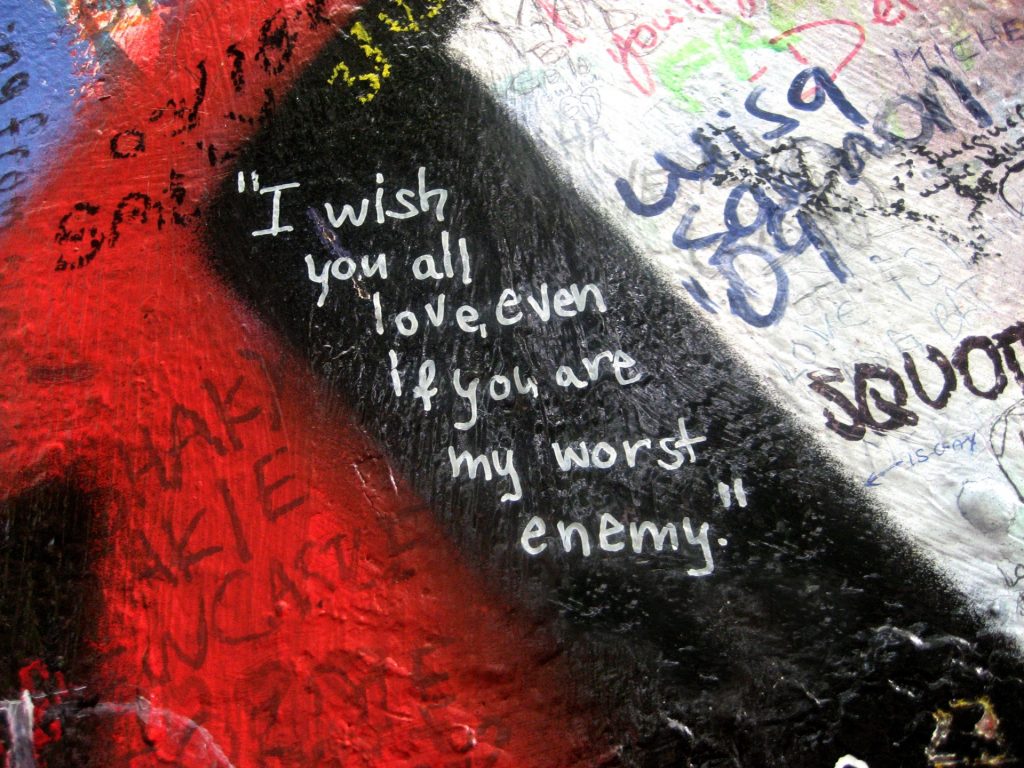
In her literary essay on Tolstoy, Ravshanbekova Asalkhon discusses the author’s deep empathy for the poor and downtrodden. In Mashhura Umaraliyeva’s story, simple human kindness helps a girl lonely at summer camp. Sarvara Sindarkulova speaks to the importance of respect for parents. Muhammed Sinan describes his quest for goodness and compassion and Anila Bukhari’s poems reflect a deep faith and tender compassion for the human condition.
Ahmad Al-Khatat writes of learning from fellow immigrants how to move from fear to dreaming and hope, while Ellie Ness addresses the precarity and joy of travel.
John Edward Culp describes an easy camaraderie between two people while Nasser Al Shaikh Ahmed evokes romantic love with creative and lush poetic imagery. Elmaya Jabbarova evokes a sense of wonder and mystery about human relationships in her mystical piece. Stephen Jarrell Williams’ playful pieces express hope for softness and beauty and lasting love. An actual couple who met in a writing workshop, Ubali Ibrahim Hashimu and Maryam Yakubu, send up a gentle collaborative love poem as Daniel De Culla gives an earthy reflection on a romance.
Eva Petropoulou speaks of seeking love and human connection, more family love and general compassion than romance. Lilian Dipasupil Kunimasa writes of respect and empowerment for women and also crafts a tale of an eccentric character finding welcome in a small town.
We hope that you might also find a welcoming home for your own creativity within this issue, with its many poignant, tender, amusing, strident, thoughtful, eccentric, and inspiring pieces.
